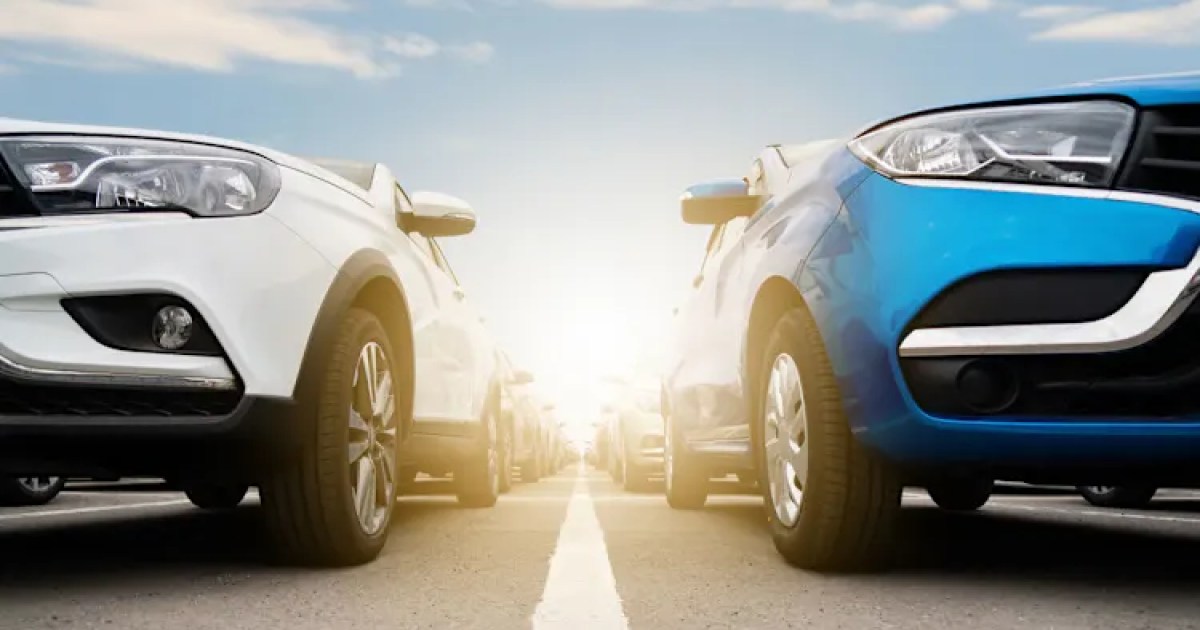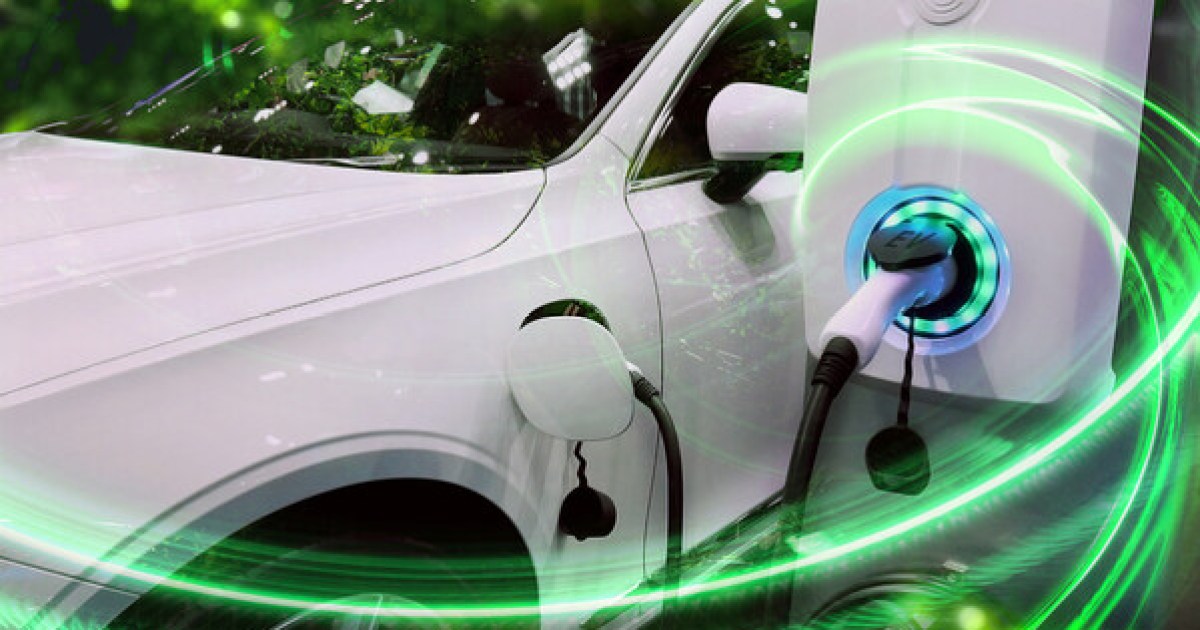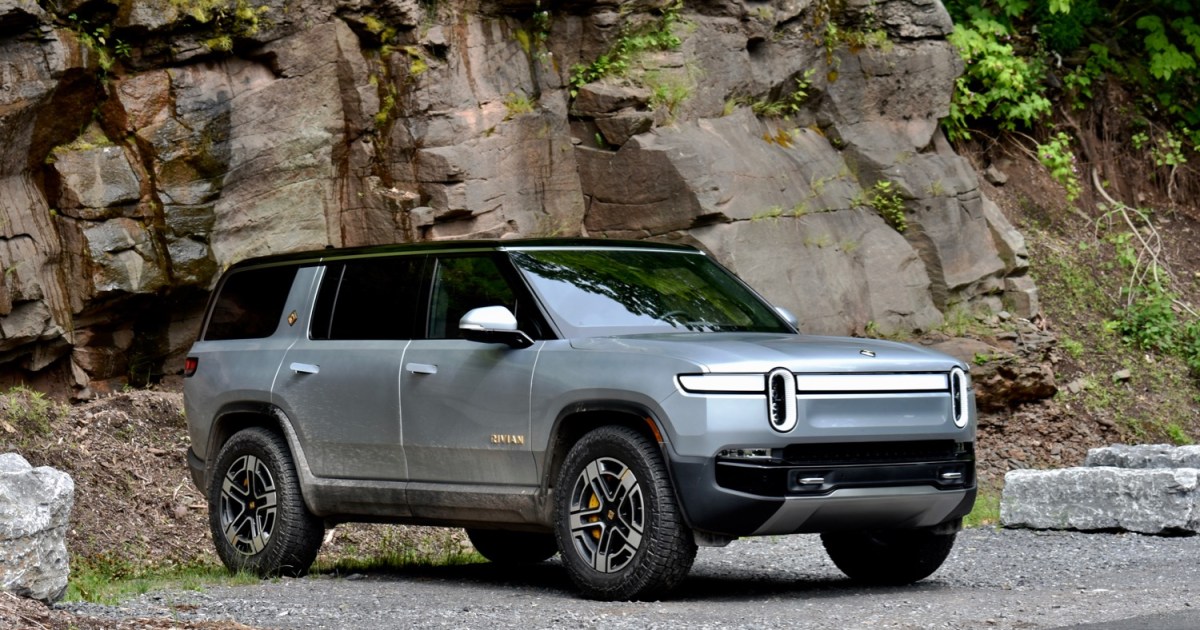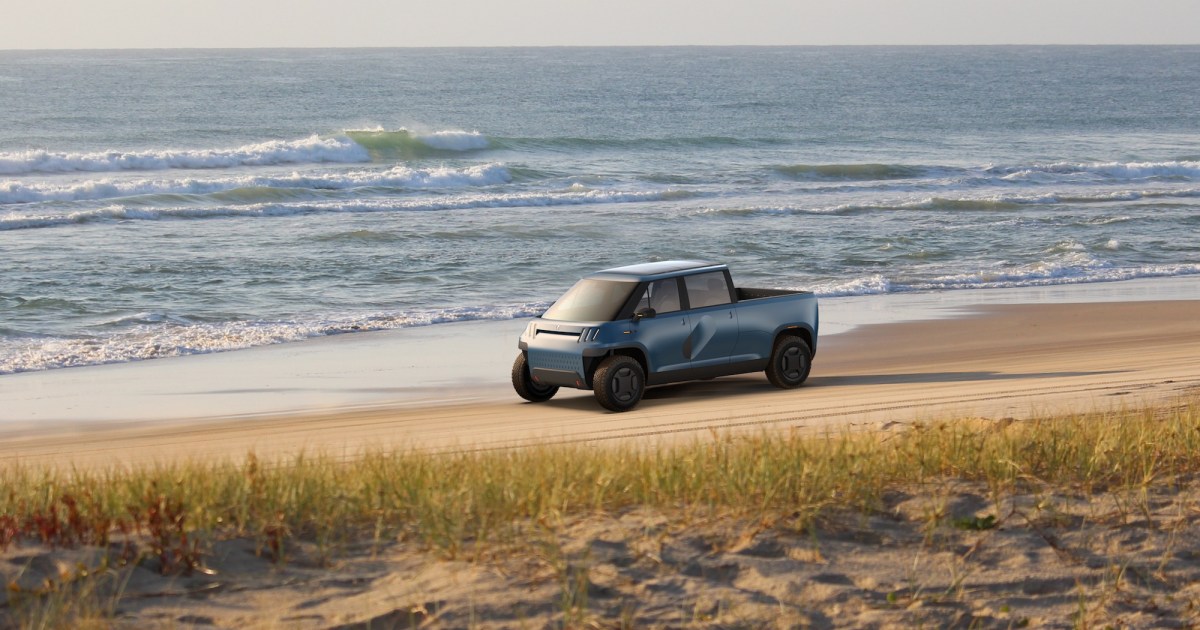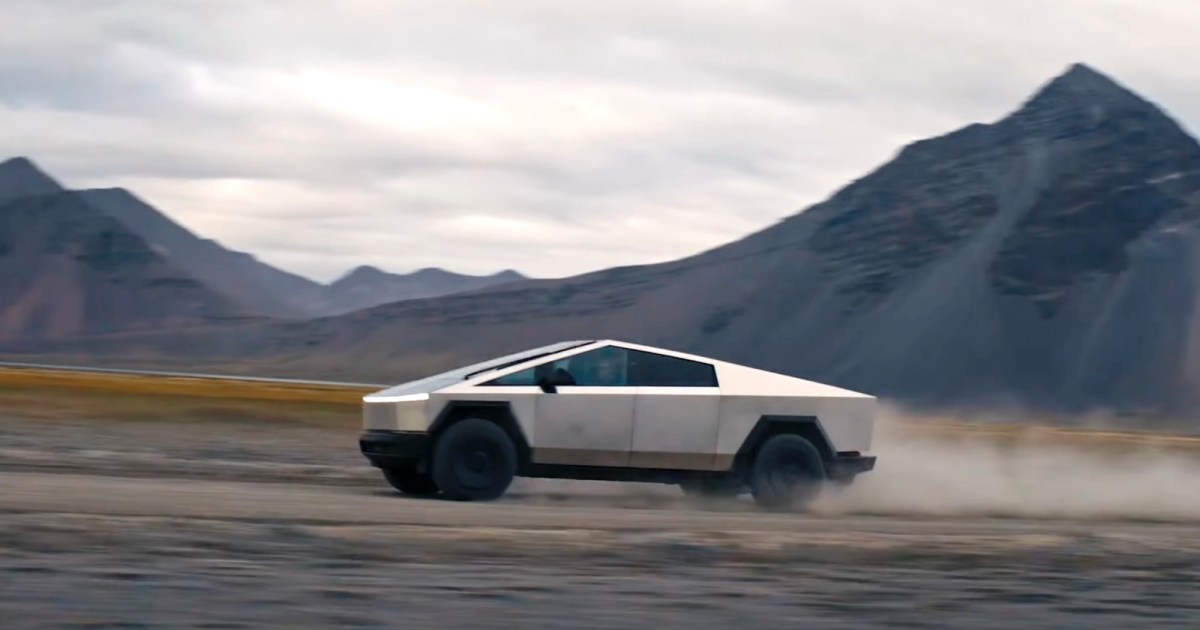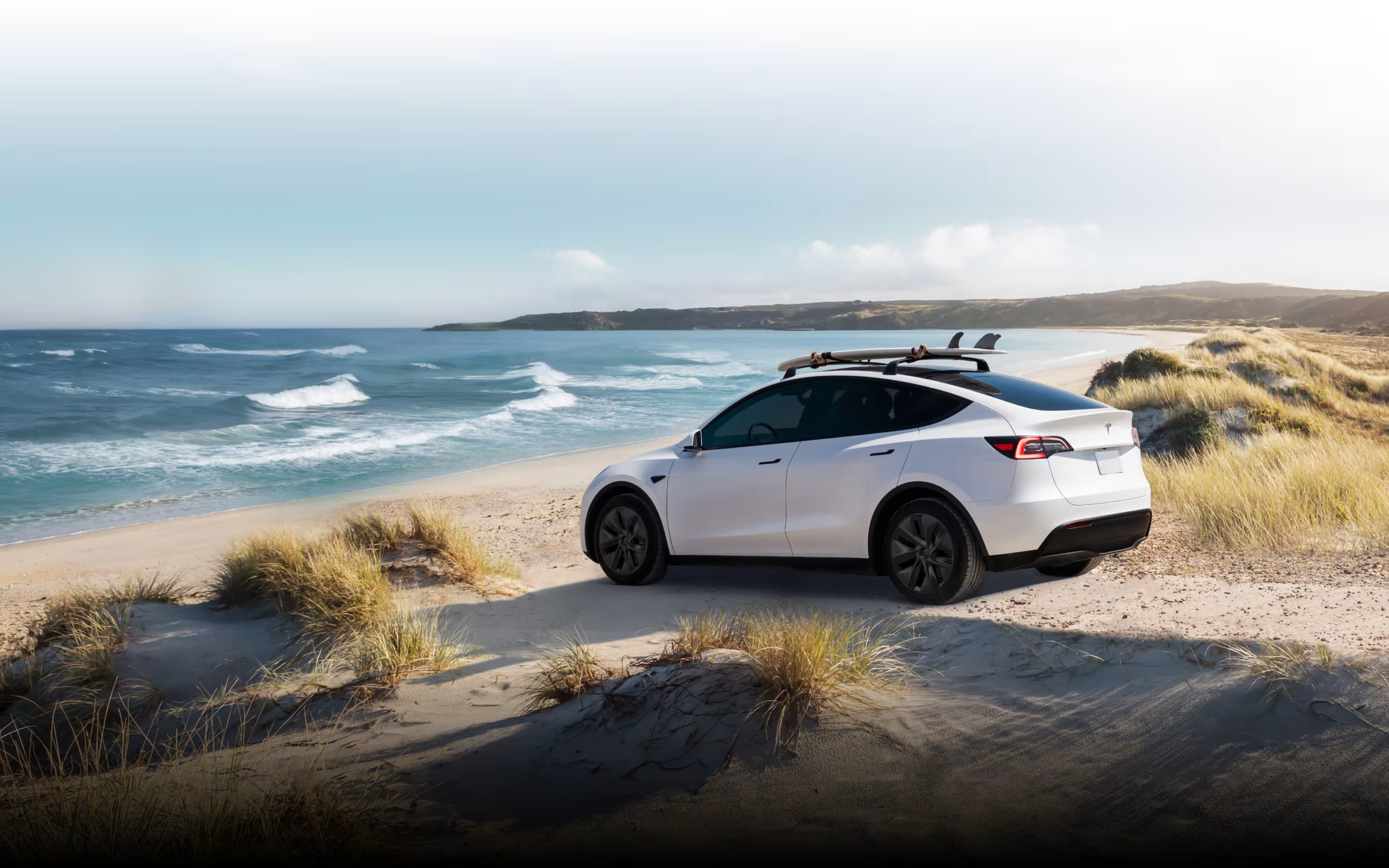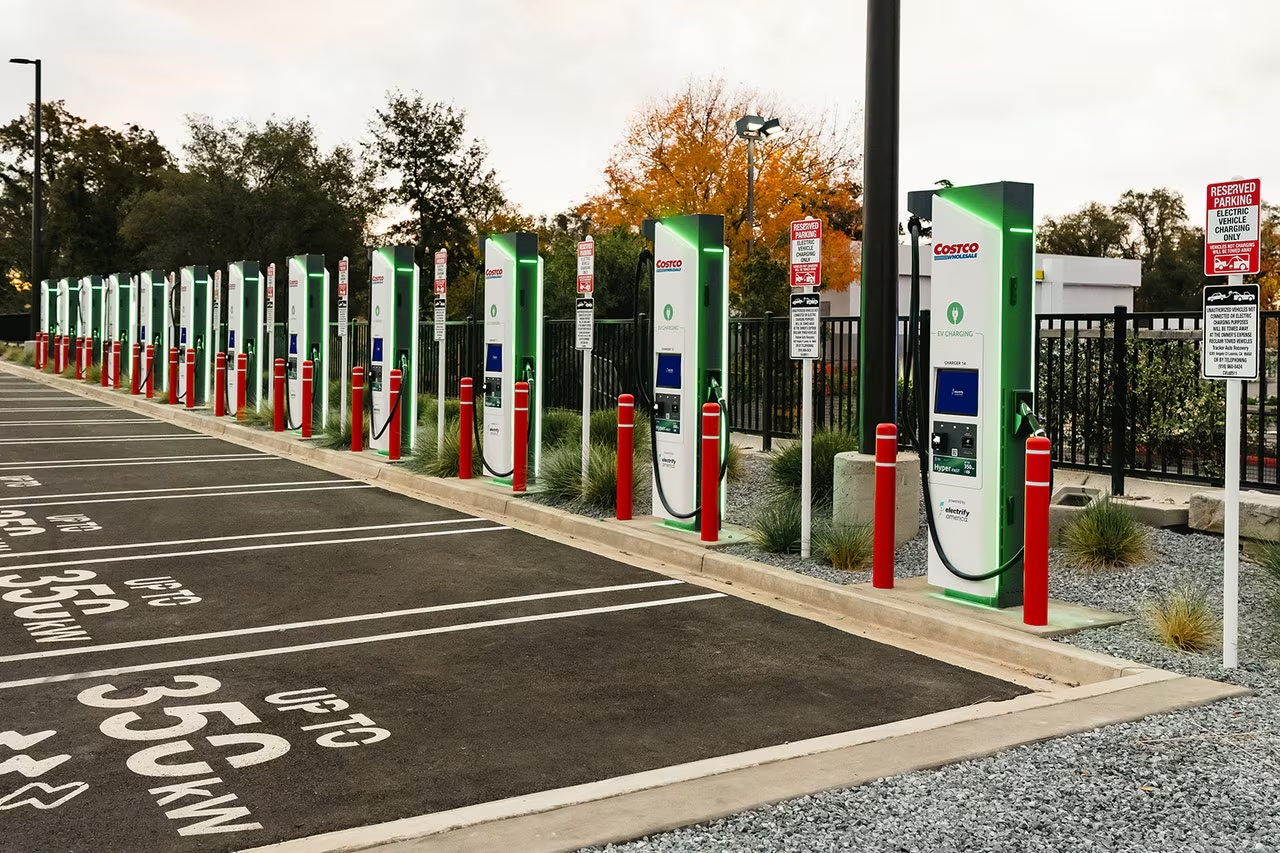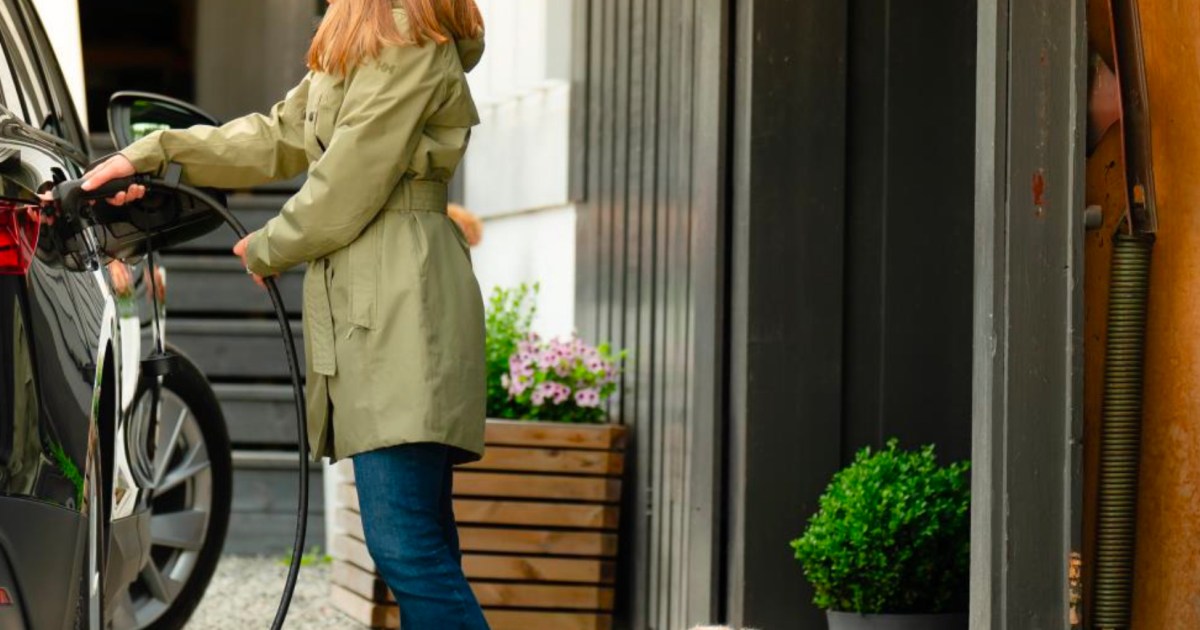The narrative surrounding hybrid vehicles at the start of 2024 highlighted a resurgence in popularity, with drivers seeking a practical middle ground between traditional gasoline cars and fully electric vehicles. As the year draws to a close, amidst uncertainty surrounding EV tax incentives, this “hybrid renaissance” shows no signs of slowing down. Consumer Reports’ (CR) annual reliability survey underscores this trend, revealing that automakers have successfully addressed consumer concerns, significantly improving the quality and dependability of hybrid vehicles.
Hybrid Reliability Matches Gasoline Cars
CR’s extensive survey, encompassing data from roughly 300,000 vehicle owners across the 2022-2024 model years, highlights the impressive reliability of hybrid cars. The survey, evaluating 20 potential problem areas, including engines, transmissions, electric motors, leaks, and infotainment systems, reveals that hybrids now match the reliability of non-hybrid gasoline vehicles.
Key Advantages of Hybrids: Reliability, Driving Experience, and Convenience
“Today’s hybrids deliver reliability similar to conventional gas cars despite their added complexity,” notes Jake Fisher, senior director of CR’s Auto Test Center. He further emphasizes that CR’s testing consistently demonstrates hybrids are often quieter, more responsive, and offer a more enjoyable driving experience compared to their gasoline counterparts.
Key brands leading the charge in hybrid reliability include Honda, Hyundai, Kia, Lexus, and Toyota, consistently achieving top scores across multiple categories. The combination of a gas engine, battery, and electric motor in hybrid vehicles contributes to improved fuel efficiency over traditional gasoline cars. Furthermore, hybrids eliminate the range anxiety and charging infrastructure concerns associated with EVs.
Electric Vehicle Reliability Improves
While hybrids continue to excel, EVs are also showing notable improvements in reliability. Although CR’s survey indicates EVs from the last three model years still experience 42% more problems than gasoline-only cars, this represents a substantial improvement over the previous year’s finding of 79% more problems. This progress demonstrates the ongoing efforts by manufacturers to enhance EV technology and address reliability challenges.
The Future of Hybrids Remains Bright
The evolving automotive landscape, coupled with uncertainties surrounding EV incentives, positions hybrids as a compelling option for consumers. The combination of reliability, improved driving dynamics, and freedom from charging infrastructure limitations reinforces the continued appeal of hybrid vehicles. As automakers continue to innovate and refine hybrid technology, the future looks bright for this increasingly popular segment of the auto market.



